Why Meditate?
Because It Is Essential “Medicine”
It has been estimated that between 75% and 90% of visits to primary care physicians are for stress-related conditions (1). Stress affects multiple organ systems and has been related to heart disease, hypertension, headache, dizziness, peptic ulcer disease, irritable bowel syndrome, muscular tension, fibromyalgia, a variety of skin conditions, the common cold, asthma, rheumatoid arthritis, depression and anxiety, amongst many other conditions (2).
What most people are referring to when they say they are “stressed out,” is a chronic over-activation of the sympathetic (stimulating) nervous system, or what is also referred to as the fight-flight-freeze reaction when we perceive a threat to our well-being. Activation of the sympathetic nervous system is essential when we are being physically threatened such as being chased by a tiger. Yet, many of us live as if the “tiger” never goes away or maybe it was really a kitten all along. In other words, we can mentally and emotionally react for extended periods of time well after the perceived threat is gone.
The good news is we have a “reset button” inside us called the parasympathetic (peaceful) nervous system or what is also referred to as the relaxation response. The relaxation response naturally leads to changes in the mind/body that are deeply restorative and essential to returning to a state of optimal balance.Although a variety of different ways to cultivate the relaxation response exist, meditation leads the way in both its simplicity and ease. If you have a mind and body, you can meditate! If you have ever been so captivated by the beauty of an amazing sunset or starry night sky that any concerns melted away for a few moments or if you have ever been so absorbed in the rhythm of music that you love that the outer world fell away, then you have already experienced meditative awareness.
If the benefits of meditation, as documented by researchers for more than 50 years, could be bottled into a pill,l it would be the most highly prescribed medications available! Meditation is the one essential “medicine” we all need to take daily. Take a moment to review the following list of physiological and psychological benefits of meditation and reflect on how your life could be greatly enhanced with a regular meditation practice.
Physiological Benefits of Meditation
- Quicker recovery from stress
- Reduction in blood lactate levels, a marker of stress and anxiety
- Reduced serum cholesterol levels
- Increase in calming hormones melatonin and serotonin
- Decrease in the stress hormone cortisol; increase in youth-related hormone DHEA
- Decreased resting heart rate
- Lower blood pressure in normal and moderately hypertensive individuals
- Deeper, slower breathing during and after meditation
- Increased muscle relaxation and less unnecessary muscle tension during daily activities
- Reduction in the intensity of pain
- Increased quality of sleep
- Increase in alpha rhythms (slow, calmer brain waves that correlate with relaxation)
- Enhanced synchronization of right and left brain hemispheres (increases creativity)
Psychological Benefits of Meditation
- Reduction in both acute/chronic anxiety and depression
- Increased attention span
- Increased patience and tolerance
- Enhanced creativity, intuition and self-actualization
- Increased empathy, compassion and kindness with self and others
- Increased capacity to live in the present moment rather than lost in past/future
- Aligning with a deeper sense of purpose
- Awakening to a spiritual dimension of being
______________________________________
(1) Boone JL, Anthony JP. Evaluating the impact of stress on systemic disease: the MOST protocol in primary care. J Am Osteopath Assoc. 2003 May;103(5):239-46
(2) Mitchell Feldman, John F. Christensen (Editors). Behavioral Medicine in Primary Care: A Practical Guide (2nd edition). McGraw-Hill February 2003. Chapter 29: Stress and Disease.


